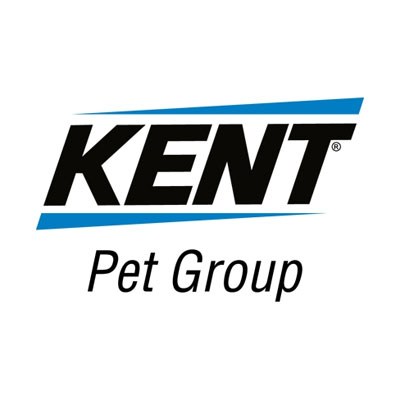Washington, D.C. (August 28, 2019) — The Human Animal Bond Research Institute (HABRI), The Pet Care Trust, and American Humane announced today the online publication of the Pets in the Classroom Study, which assessed the social, behavioral, and academic effects of the presence of small, resident classroom animals for 591 third and fourth-grade students across the United States over the 2016-2017 school year. The study’s findings suggest that classroom pets may help improve academic performance and social skills in children.
“The utilization of classroom pets in third and fourth grade U.S. classrooms appears to hold significant benefits for children’s social, behavioral, and academic development,” said Amy McCullough, PhD, Principal Investigator and Senior Research Advisor, American Humane. “Findings show that the presence of pets in the classroom may increase social skills and competence for children in the third and fourth grades and, additionally, be effective in decreasing select problem behaviors in the classroom.”
American Humane’s research team recruited a total of 41 classrooms across 19 schools to take part in the study. A total of 591 third and fourth grade students from 15 U.S. states were enrolled in this study. Overall, 20 participating classrooms had a pet and 21 did not. Teachers, students, and parents were asked to complete survey instruments at three designated time points over the course of the study period. Teachers were not asked to change the way in which they taught and/or utilized the pet in their classroom in an effort to assess the impact of typically occurring classroom pet interaction.
Across the school year, teachers with classroom pets, which ranged from guinea pigs to small reptiles, saw significantly greater increases in overall social skills, including every subscale of the social skills measure (communication, cooperation, assertion, responsibility, empathy, engagement, and self-control); social competence; and academic reading competence. In addition, teachers reported significantly greater decreases in internalizing behaviors (e.g., withdrawal) and hyperactivity/inattention among their students, as compared to teachers in the control condition, without classroom pets. Parent respondents indicated they saw significantly greater increases in pro-social behaviors among their children compared to parents with children in classrooms without pets.
Teachers in the intervention condition used their classroom pets for a variety of purposes (e.g., as a reward for improved behavior/academics, to help calm/relax students in stressful situations), and a little over half of the teachers taught formal lessons that focused on or utilized the pet, teaching about responsibility, animal care and welfare, and a variety of other topics.
“The Pet Care Trust’s Pets in the Classroom Program, a grant program which offers funding to teachers to purchase and maintain classroom pets, provides children with an opportunity to interact with pets on a daily basis – an experience that can help shape their lives for years to come,” said Jackie King, Executive Director, The Pet Care Trust. “While teachers have shared with us story after story about how their classroom pets have helped shy kids open up, struggling readers build confidence, aggressive children develop nurturing tendencies, and apathetic students gain a new desire for learning, this newly published research helps validate our program’s positive impact, and bring us closer to our goal of helping 10 million students build self-esteem, learn important life skills, and have a positive experience in the classroom with the help of a pet.”
“The results of this study demonstrate pets in the classroom positively contribute to child social and cognitive development,” said HABRI Executive Director, Steven Feldman. “HABRI is proud to support this important research on the benefits of the human-animal bond in schools so that more children can grow up knowing firsthand the importance of a healthy relationship with a pet in their lives.”
Research Citation:
About HABRI
HABRI is a not-for-profit organization that maintains the world’s largest online library of human-animal bond research and information; funds innovative research projects to scientifically document the health benefits of companion animals; and informs the public about human-animal bond research and the beneficial role of companion animals in society. For more information, please visit www.habri.org.
About American Humane
American Humane is the country’s first national humane organization, founded in 1877. It is committed to ensuring the safety, welfare and well-being of animals. Our leadership programs are First to Serve® in promoting and nurturing the bonds between animals and people. For more information, please visit www.americanhumane.org.
About The Pet Care Trust
Incorporated in 1990, The Pet Care Trust is a non-profit, charitable, public foundation whose mission is to help promote public understanding of the joys and benefits of pets through education, support, and interaction, and to enhance knowledge about companion animals through research and education. To learn more about the Trust, visit www.petsintheclassroom.org/about.
Contact
Jamie Baxter
jamie@theimpetusagency.com
775.322.4022
###





